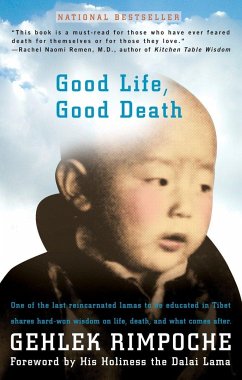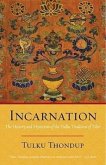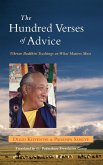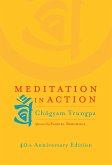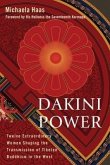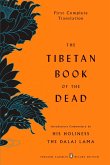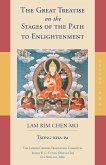Who are we? Where did we come from? Where are we going? How do we get there? Many have asked these questions, and many have attempted to answer them. But there is another question Good Life, Good Death asks us to contemplate: how does the idea of life after death affect how we live our lives? Gelek Rimpoche tells stories of the mystical Tibet he lived in, as well as the contemporary America he is now a citizen of, and shares the wisdom of the great masters. He asks us to open our minds and see if we can entertain a bigger picture of life after life, even for a moment. He makes the connection between powerful emotions such as anger, obsession, jealousy and pride, and our past as well as our future.
Hinweis: Dieser Artikel kann nur an eine deutsche Lieferadresse ausgeliefert werden.
Hinweis: Dieser Artikel kann nur an eine deutsche Lieferadresse ausgeliefert werden.

